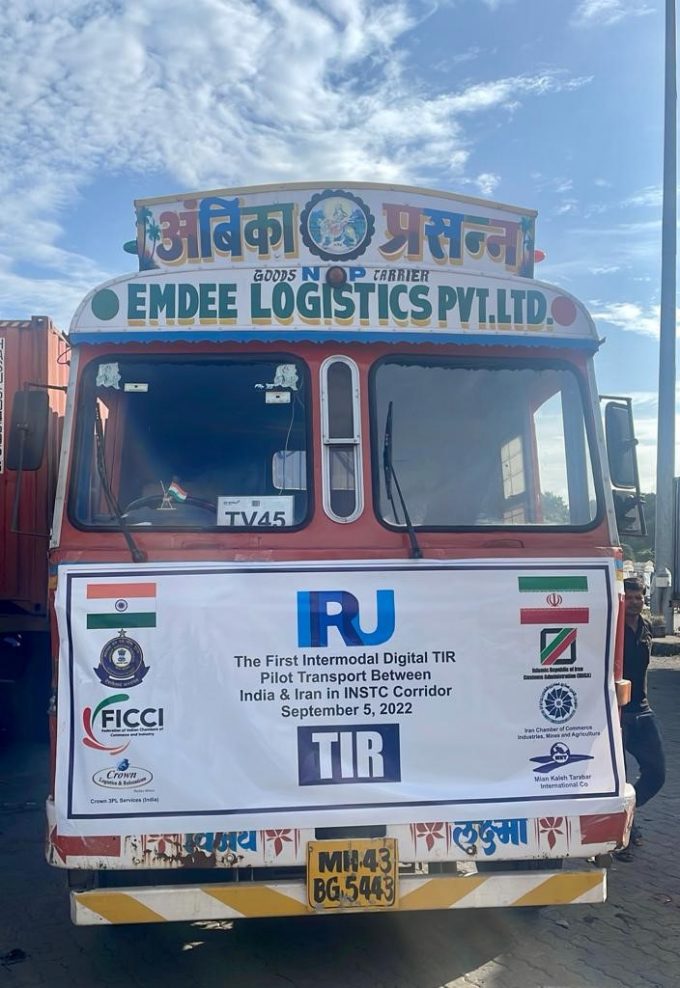Russia uses INSTC corridor to beat sanctions and drive trade with Iran and India
Russia has begun sending goods to India via the International North South Transport Corridor (INSTC) ...

A loaded truck from Nhava Sheva Port/JNPT on Tuesday became the first intermodal digital TIR (Transports Internationaux Routiers) pilot movement between India and Iran under the International North South Transport Corridor (INSTC) framework.
The cargo is destined for Moscow, transiting the Central Asia multimodal corridor through an intermediate port in Iran, according to sources at the Nhava Sheva customs house.
The TIR initiative is a global system that allows road transport service providers to declare their data only once when moving goods across ...
Volcanic disruption at Anchorage could hit transpacific airfreight operations
Macron calls for ‘suspension’ – CMA CGM's $20bn US investment in doubt
Forwarders stay cool as US 'liberation day' tariffs threaten 'global trade war'
De minimis exemption on shipments from China to the US will end in May
Shippers snap up airfreight capacity to US ahead of tariff deadline
Tighter EU import requirements proving 'a challenge' for forwarders
Looming Trump tariffs will create 'a bureaucratic monster' for Customs

Comment on this article